I’ve been thinking a lot about taking responsibility lately. For the past few weeks, the process of slowly and patiently taking care of my responsibilities—academic, personal, business, financial, and the tiny tasks and duties associated with everyday living—have been a big part of staying healthy and engaged as I weather a patch of depression. It’s not about keeping busy, which has been my way of trying to outrun sadness in the past. It’s about reminding myself of my own capability and efficacy, proving to myself that I can handle things, even when it feels as though I can’t.
The effort was challenged this past weekend. At some point in the last five years, long weekends have become challenging for me. Too much time spent on social media, scrolling through pictures of my friends enjoying the time off with their partners and their kids. Too much time wishing that life were going somewhat differently than it is.
That I’m spending my time this way is obviously a choice, and it’s not a great choice. I should try harder to do something special for myself over long weekends: travel, take a staycation, soak in culture, consider some sort of retreat. Maybe I’m making excuses for staying stuck, but it’s felt hard to do that with the grind of graduate school and internship in the last few years, the financial tightening they both have created, and the fact that I’m sort of tired of planning things on my own. (That last bit is definitely an excuse, but it feels like a barrier when I’m feeling it, if that makes any sense.)
I fell into the old trap of envy and dissatisfaction and loneliness this weekend, compounded by feeling a little cabin-feverish with studying. Things only became intensified when I started feeling rotten about the pattern itself. Sadness, self-pity, envy, guilt. Rinse and repeat.
I read a lot about the power and importance of self-compassion. I’ve accessed it myself, but not often. Most of the time, it feels like an ideal that I’ll always applaud and never quite experience directly. Yet there are some things we recognize to be fundamentally true even if we haven’t yet seen, heard, or felt them, and I think that true self-compassion is one of those.
Years ago, when I was in ED recovery, I was told that life would be richer and fuller once I’d recovered. It turned out to be the truth, but for a long time I accepted it without having any proof of my own. There was a long, painful stretch in which the discomfort of recovery was a lot more prevalent than the benefits. The familiarity and safety of my disorder felt more real than the potential risks, while the hardships of recovery—releasing my grip on things, watching my body change day by day—were much louder than the whispered promises of better things to come.
I got through that time by choosing to believe that a recovered life really would be better than a lifetime with my eating disorder, which felt safe, yes, but had also started to choke me with its monotony and sameness. I chose to believe it not because smart people told me it was true, but because on some gut level I knew that it was true, even if I hadn’t yet experienced it. I’ll always be grateful for that leap of faith and the ways in which it ultimately allowed me to grow.
I’ve been trying for years now to get “better” at self-compassion, to cultivate it through journaling and self-talk. The practices are fine; they can be helpful and they encourage self-reflection. But these days I suspect that accepting and forgiving and standing by myself at the moments when I feel least worthy is going to be another one of those leaps of faith. I don’t yet know what fierce self-compassion feels like, but I have the strong conviction that it’s the way to be. I’m young, I’m growing, and one of these days, if I stay open to the possibility, I’ll know what it’s like to extend love and tolerance to myself.
Until that happens, I can put self-compassion into practice by treating my body kindly, sticking to habits that enhance my well-being, and using my words—blogging, writing, journaling, dialog in therapy—to stay truthful with myself and with others. I can continue to patiently go about my business. Doing my best, just as we all are.
In the spirit of gentle practices, gentle words, and gentle thoughts, I’m wishing you a great week. Here are some recipes and reads.
Recipes
I love baked oatmeal—in or outside of muffin cups—but I have yet to try a chocolate version. Nolwenn is inspiring me with her vegan chocolate oatmeal muffins.
I’m adding these tasty looking vegan falafel burgers to the many recipes I hope to make with my air fryer at some point when I’m feeling more inspired to experiment.
An herby corn risotto that’s absolutely perfect for late summer, early fall.
I love the kick of Jackie’s creative sriracha sesame potato salad.
Finally, I can’t get over how pretty Kristen’s mini blackberry kiwi galettes are!
Reads
1. A new study ties more plant-based protein consumption to longer life.
2. In The New York Times, Frank Bruni takes readers on a journey to the Greek island of Chios to get to know mastic, a shrub that may boast powerful medicinal properties. Bruni is particularly interested because he’s got optic nerve damage to one of his eyes; others believe that mastic may be helpful for Alzheimer’s and cognitive decline. I was interested in part because I’ve used mastic in making a vegan version of tsoureki, the traditional Greek Easter bread. In any case, a really interesting read.
3. If you’ve read about fecal transplant but wondered how it all works, Discover gives us some intel.
4. Michael Erard profiles the work of two brothers who are combining palliative care expertise, linguistics, and AI to encourage clearer and more effective conversations between doctors and people receiving end-of-life care.
5. I’m really enjoying Bustle‘s “Breaking Up with Perfect” series, and I was particularly touched by Sabrina Qiao’s reflection on how chronic illness has changed her relationship with her body (and with a lot of other things, too). Such important reading for those who have grappled with chronic illness, silent illness, and illnesses that defy mainstream understanding.
Happy Labor Day, friends. I’ll be back later this week with a delicious new dessert to celebrate the first week of September.
xo
You might also like
Shortly after the new year began, Elizabeth Gilbert tweeted something that stuck with me: “There are only 2 two ways to have a peaceful conscience: Never do anything wrong or learn self-forgiveness (Pro tip: first way’s impossible)” I love the this quote because it exposes perfectionism for what it really is: an exercise in futility. Of course none of us never does anything wrong. To avoid mistakes is impossible, and yet so many of us would rather try than take the path of self-forgiveness….
The process of clicking around in search of links for these weekend reading posts is always full of surprise and discovery. It’s often filled with emotion, too—grief, sadness, or excitement, depending on what I find and how it strikes me. This week, my heart ached and then celebrated along with Lily, who bravely shared her story of returning to the kitchen space after her mother’s death on Food52. “My mother was my portal into the world of the senses,” Lily writes. “She taught…
Some of you may have seen a story, which is now making the rounds, about the response that one employee got from her CEO when she let her coworkers know that she was taking a mental health day off. Software developer Madalyn Parker sent out an email to coworkers that read, “Hey team, I’m taking today and tomorrow to focus on my mental health. Hopefully I’ll be back next week refreshed and back to 100 [per cent].” Her CEO took the time to thank…
When people ask me why I’m vegan, the simplest answer I can give—and the one that I most often do give these days—is that veganism is my practice and expression of ahimsa. Ahimsa is an animating principle in several Eastern religions, including Jainism, Hinduism, and Buddhism. Sometimes it’s translated as nonviolence, sometimes as “doing no harm.” It’s often simply translated to “compassion.” Compassion is a central value in my life, something I aspire to access and practice even when it isn’t easy. Lately…

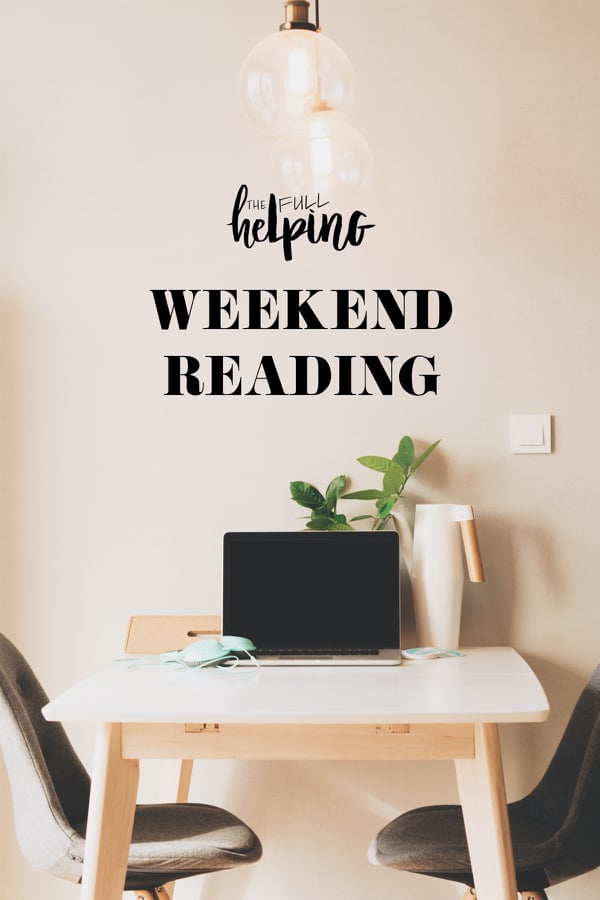
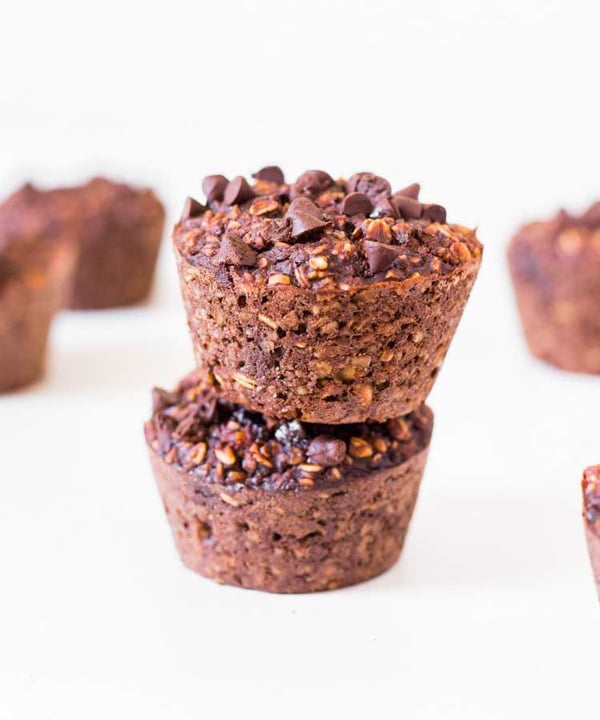
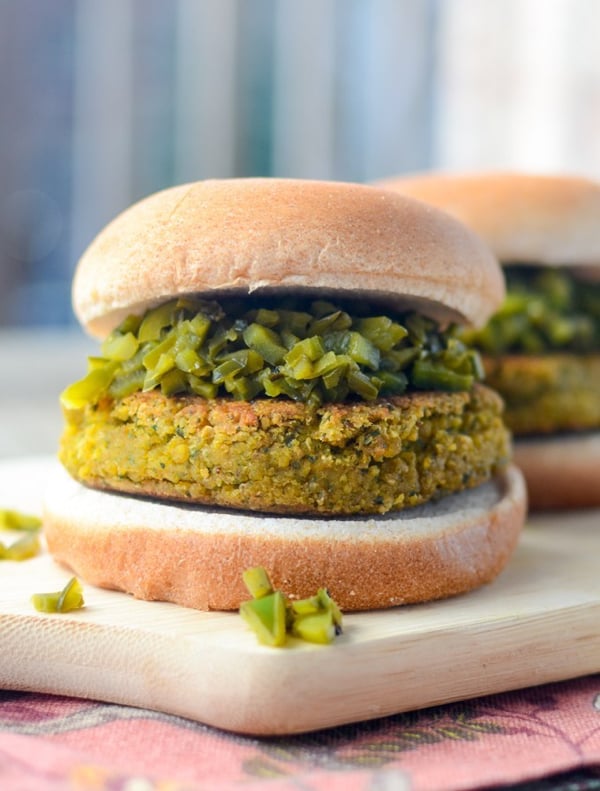
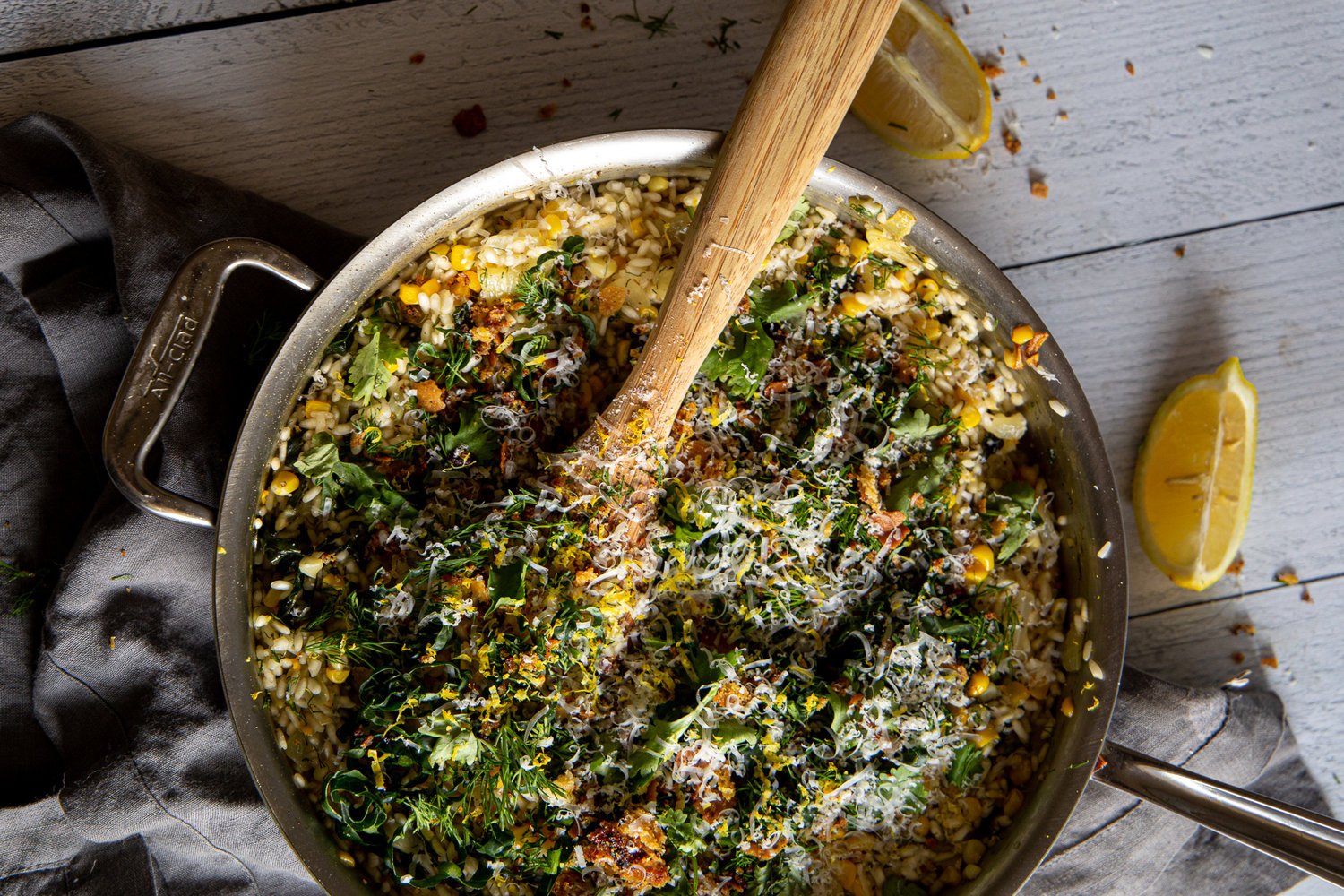
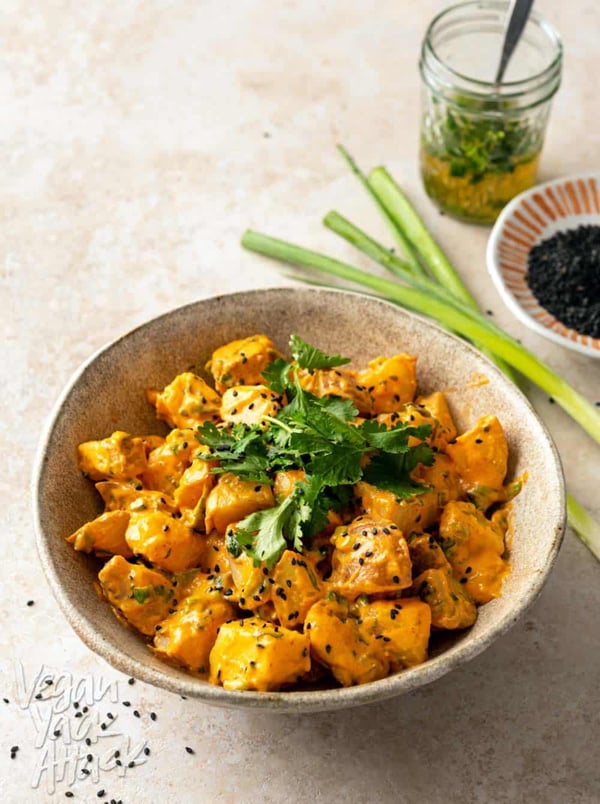
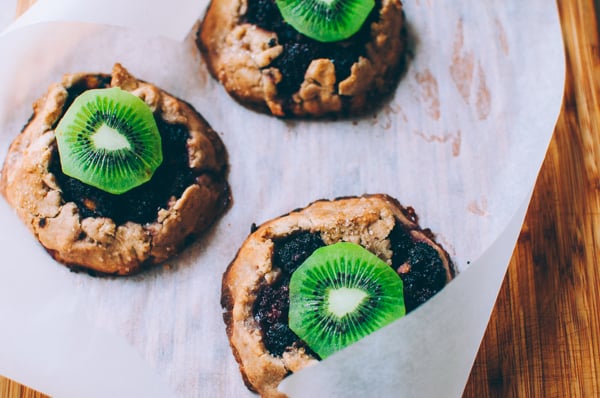
Leave a Comment
I swear to god we live the same life sometime..or at least our depressive patches have started syncing up. Sending so much love and gentleness and gratitude for sharing your heart. <3 <3 <3
Dear Gena, it’s so important to do exactly as you are doing when depression sets in. You are putting yourself in place to be lifted out of it and to grow, and understand what you don’t understand or experience yet, by doing just that. With you all the way. And I’m thinking I might make those chocolate oatmeal muffins for a friend whose having shoulder surgery later in the month. Sending you lots of love and gratitude for just being you. xo
Gena, I once read this wonderful message from Liz Gilbert “Embrace the glorious mess that you are.” It reminds me of a piece of spicy, aromatic carrot cake that broke apart. But it still tastes wonderful and is nourishing, and you won’t miss a thing when you are hungry. Perfection is not where life is.
I love this message, the Gilbert quotation, and I love that it evokes a broken piece of cake for you—and now for me, too. Cake is my favorite dessert, and I’d never turn a piece down for being messy. Thank you, Lena.
I’m honored for the mention in such a wholly inspiring post. Thank you! XO.
Oh thank you for this. The articles on linguistics in palliative care is incredible, and I have bookmarked the chronic illness article while I digest the other. I hope that you are able to weather this period of overwhelm/underwhelm – I admit I don’t like long weekends either. Too much pressure to do something insta- worthy. Also, with a nontraditional job/work schedule it just messes up my weekly routine. And if I knew you IRL, I’d give you a hug now.
Though my anxiety gets really bad, I’m not sure if I’ve had a depressive episode or if I did and just chalked it up to burn out. But, I agree that making a list of every single thing I’m accomplishing, even if it’s scheduling a couple of bill payments, helps me a lot. I’m glad you’re taking care of you, and can definitely relate to the guilt and lack of self-compassion. Sending hugs, Gena!